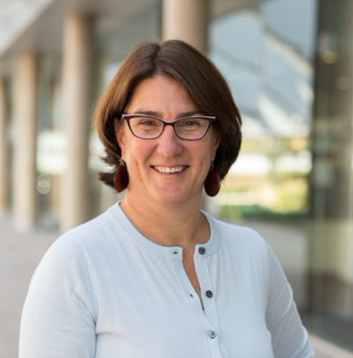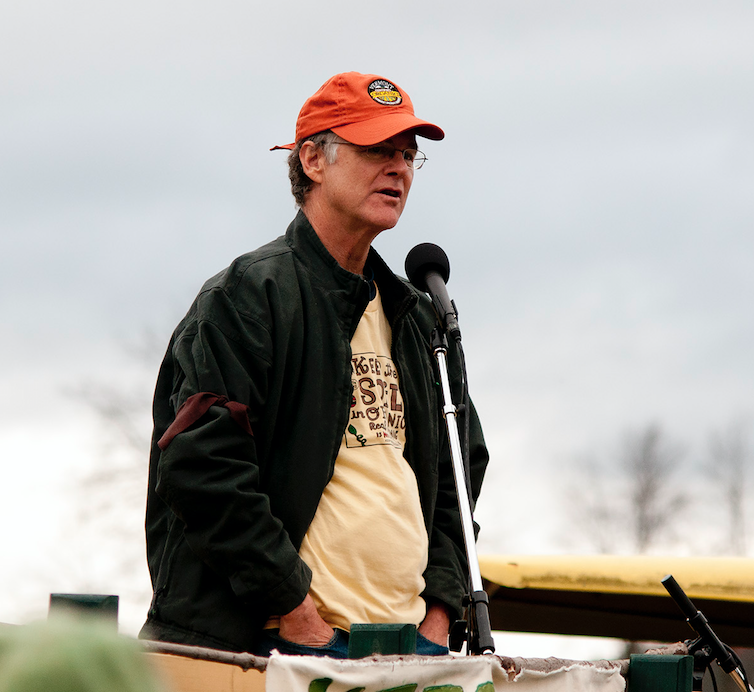The Organic Trade Association (OTA) hatched an idea in 2010 that would have provided an estimated $30 million annually for the organic community. The money would have been collected through a USDA check-off program providing money for organic research, technical assistance for new organic farmers, and consumer education about organic.
On May 11, 2018 the USDA unexpectedly announced its intention to terminate the rulemaking process that would have established a national research and promotion program for certified organic products. The official termination date was May 15, 2018 and was “based on uncertain industry support and outstanding substantive issues with the proposed program.” The USDA questioned whether organic promotion is possible without being disparaging to other agricultural commodities. They also cited voting methodology, financial burden on small entities to comply, and challenges to tracing imported organic products.
The proposed program, was put forward by the OTA on May 15, 2015. The program would have financed an assessment on all certified products that would have strengthened the position of organic products in the marketplace.
On January 18, 2018, the OTA proposal was published in the federal register, and the USDA received 15,000 comments. USDA’s recent notice in the public register stated that “The comments revealed that there is a split within the industry in terms of support for the proposed program. While some comments voiced support for a collective industry program, other comments stated that industry was not aligned in backing the proposal.”
In an OTA press release on May 11, 2018, Laura Batcha, CEO and executive director of the OTA, indicated that the OTA’s position is that the USDA is mistaken in asserting there is “uncertain industry support for and outstanding substantive issues with the proposed program.” OTA confirmed the organization’s certainty about both the quality of the proposal and the outcome of the initial public comment period. OTA stated it had submitted comments from 1,358 publicly listed endorsers, including over 1,230 certified organic operators, and that those organic farmers, ranchers, and business stakeholders had been joined by over 11,000 additional supporters who commented directly on the proposal.

Laura Batcha, CEO and executive director of the OTA
Ricardo Crisantes, CEO of Wholesum Harvest, expressed disappointment: “We are sad to see that we could not find a way to bring the organic industry together on this issue that would benefit us all.”
The USDA also stated “Both those in support of, and those in opposition to the proposed program requested changes to the method of assessment for imports and a reduction in the paperwork burden on covered entities. Other outstanding significant issues with the proposal are the assessment of non-food products and products ‘made with (specified ingredients).’”
Steve Beck, owner of Kings River Produce, was satisfied with the USDA ruling. “I believe that organics are in a different category than other commodities where the check-off is being used successfully (i.e., Pork, Beef, and Dairy). Those products don’t have the diversity that the organic industry has. Our industry covers all of those products as well as fruits, vegetables, herbs, eggs, etc. To have a check-off that is organic industry wide, I believe it would be too vague and overwhelming. If certain commodities within the organic community would like to propose a check-off program, then I believe it would be more appropriate.”
 Steve Beck, owner of Kings River Produce
Steve Beck, owner of Kings River Produce
The publication of a final proposal from USDA would have been followed by a vote on the proposed program by the organic sector.
OTA’s Batcha weighed in, saying “It is unfathomable that organic stakeholders will not be given the chance to cast their vote, and to decide for themselves if they want to implement an organic check-off. USDA unilaterally making the decision—on behalf of the 26,000+ certified organic growers, ranchers, processors, handlers, and business owners—to not advance the process is stunning.”
Research dollars were on the mind of Marty Mesh, executive director at Florida Organic Growers, who commented, “It’s pathetic that at a time when farmers need more research to help them succeed, a vehicle that would have generated millions of dollars was never even allowed to come to a vote. We are leaving matching dollars behind that would have helped them solve many challenges.”
Opponents raised concerns about the proposed program, including how the minimal level would eliminate a majority of organic farmers from the program.
Dave Chapman, an East Coast grower for 34 years at Long Wind Farm, voiced general distrust of the idea: "Many organic farmers responded to the check-off proposal with great skepticism. While embracing the idea of a collective effort for the common good, we remain highly suspicious of a government/OTA alliance to achieve that end. . . . While agreeing that promotion and research of real organic are very desirable, most organic farmers met the check-off proposal with doubt and opposition.”

Dave Chapman, an East Coast grower for 34 years at Long Wind Farm
Michael Sligh, a program director at Rural Advancement Foundation International, responded more philosophically: “With all of the current attacks, we as an organic community are more united than we have been for some time. The question is what we can learn from the check-off experience that can guide us in the future.”






